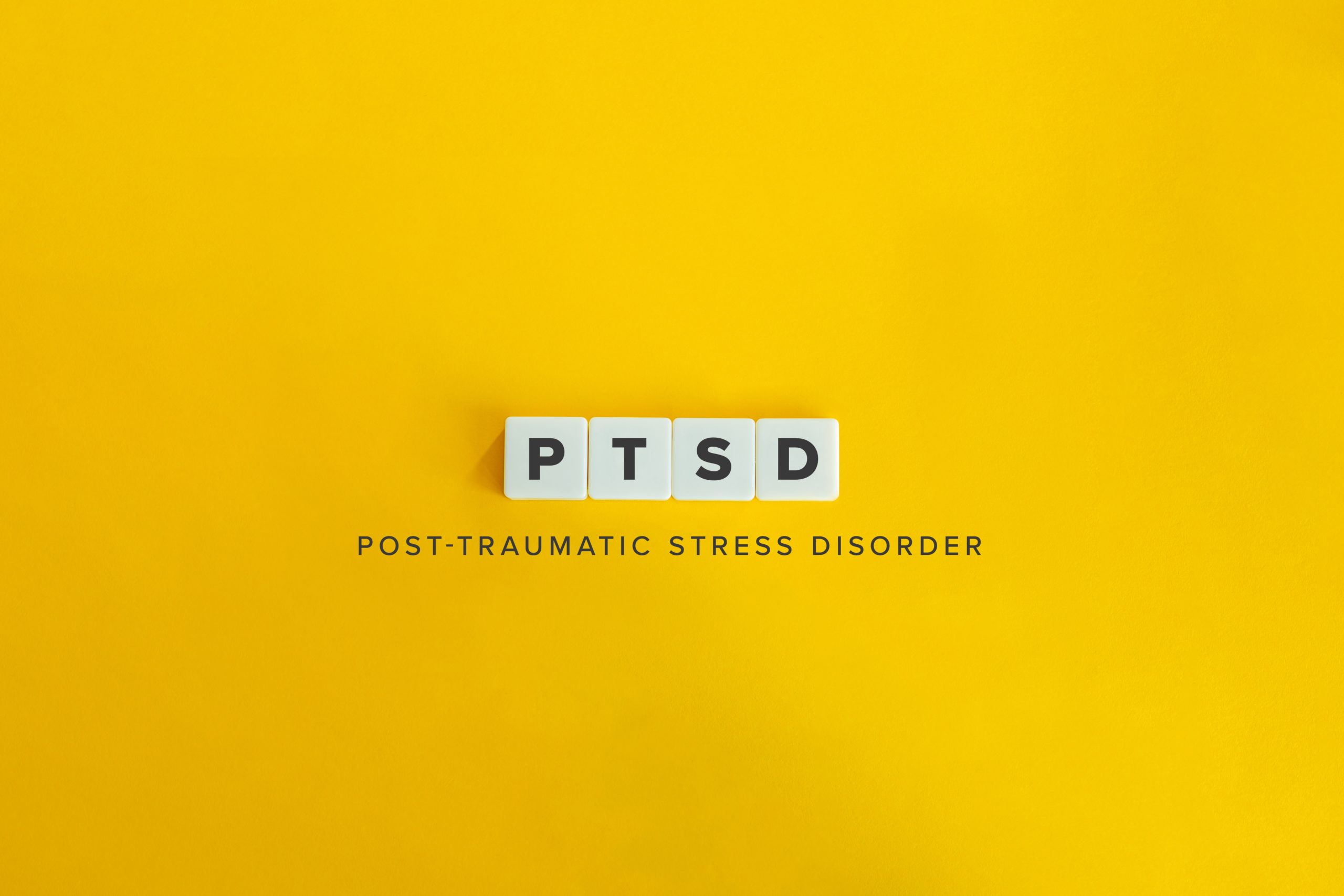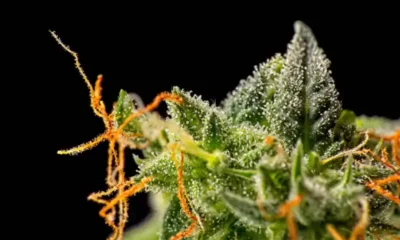Connect with us
Published
1 year agoon

It’s well known that cannabis helps many people to relax and replenish, but a new study published in the journal Expert Review of Neurotherapeutics shows the potential of cannabis goes well beyond a good ol’ fashioned “chill out.” The research involving cannabis patients in the U.K. found an improvement in PTSD-specific symptoms, general health-related quality of life, sleep and anxiety outcomes following a six-month follow-up.
PTSD, or post-traumatic stress disorder, is often explored in conversations around cannabis and psilocybin. The anxiety disorder is caused by stressful, frightening and distressing events, which can result in ongoing nightmares, flashbacks, general unrest and being triggered by certain sounds, sights, smells, events or other life moments. No cure exists for PTSD, though many find relief managing it through therapy.
It’s a wide-reaching disorder, disproportionately impacting veterans of war, though it can be caused by any event a person finds traumatic. According to statistics provided by the U.S. Veterans Affairs, about six out of every 100 people, or 6% of the U.S. population, will have PTSD at some point in their lives, and about 12 million adults in the U.S. have PTSD during a given year.
Among the United Kingdom, where the study was conducted, one in 10 people are expected to experience PTSD in their lives, according to PTSD UK.
Researchers from the U.K. Medical Cannabis Registry reviewed data from 162 patients prescribed cannabis-based medicines for PTSD and asked patients to report on changes in their quality of life after one, three and six months of using cannabis for treatment. Of the 162 patients, 88.89% were current or previous cannabis users.
According to authors, patients were prescribed regimens with higher Delta-9 THC doses compared to CBD, citing previous studies that found higher proportions of Delta-9 THC to CBD resulted in optimum PTSD outcomes.
Patients reported experiencing changes in their PTSD-specific symptoms as early as a month after starting cannabis-based treatments. The study ultimately observed significant improvements in PTSD symptoms, sleep and anxiety across its duration. While about 20% of participants reported adverse events, the majority were either mild or moderate in severity, and no life-threatening or debilitating events were reported.
Researchers noted that insomnia and fatigue were the most common adverse effects. They also said the common adverse effects pointed to the need to identify the “optimal dosage” of medicinal cannabis for PTSD.
The study nods to its limitations, notably the lack of placebo control and blinding, which can increase reporting bias. Authors also said that the cohort was not generalizable because of selection bias, which they say is “evident” in the proportion of current and former cannabis users involved in the study.
Researchers concluded that the observational study suggested an association between cannabis-based medicinal products (CBMP) and improvements in PTSD-specific, sleep and anxiety outcomes at up to six-month follow-up, nodding to the minimal severity in adverse effects for treatment.
Though the study has its limitations, authors finish by stating, “This study can serve to inform future randomized placebo-controlled trials with the aim of confirming these promising effects, whilst informing current clinical practice. Future work should also focus on including objective measures, determining optimal dosages and conducting comparisons to existing treatments to better inform prescribing of add-on or sole CBMP therapy.”
While there’s still more to uncover, the U.K. study’s findings support those of previous research. Earlier this year, an Israeli trial looking at treating PTSD symptoms with cannabis resulted in mostly positive findings. More than two-thirds of patients reported at least moderate improvements without serious side effects, and 90.8% of treated PTSD patients were classified as “therapeutic successes” after six months.
Additionally, patients stopped or reduced their dosages of opioids (by 52%), anti-psychotics (by 36.9%), anti-epileptics (by 35.7%) and hypnotics and sedatives (by 35.3%).


Despite City Efforts, Hemp Shops Posing as Dispensaries Prevail in Las Vegas


Cannabis Community, Investors React to DEA Decision To Reschedule


Georgia Governor Signs Bill Establishing Licensing Requirements To Grow Hemp


Study: Psilocybin Enhances Meditation


Ohio GOP Lawmakers Debate Adult-Use MJ Priorities, Eye June for Regulation Approval


Taylor Swift Puts Narcotics Into All of Her Songs on ‘The Tortured Poets Department’
